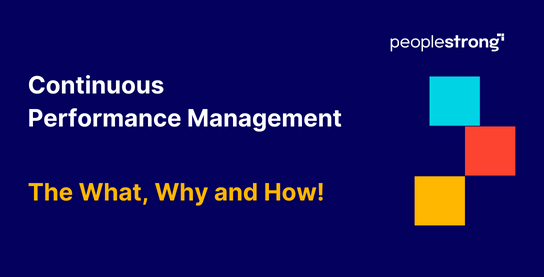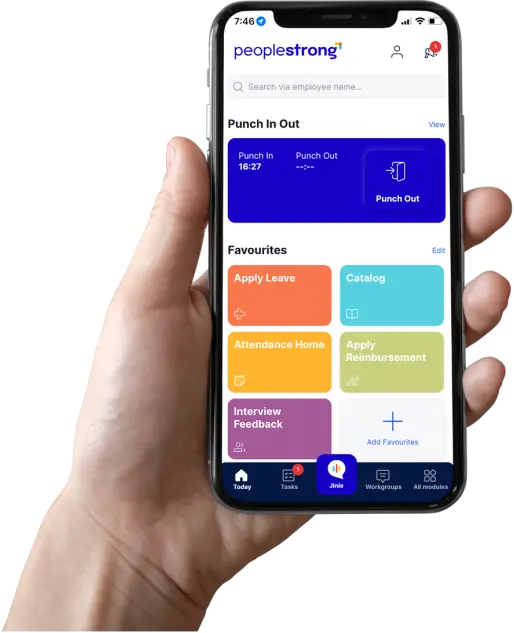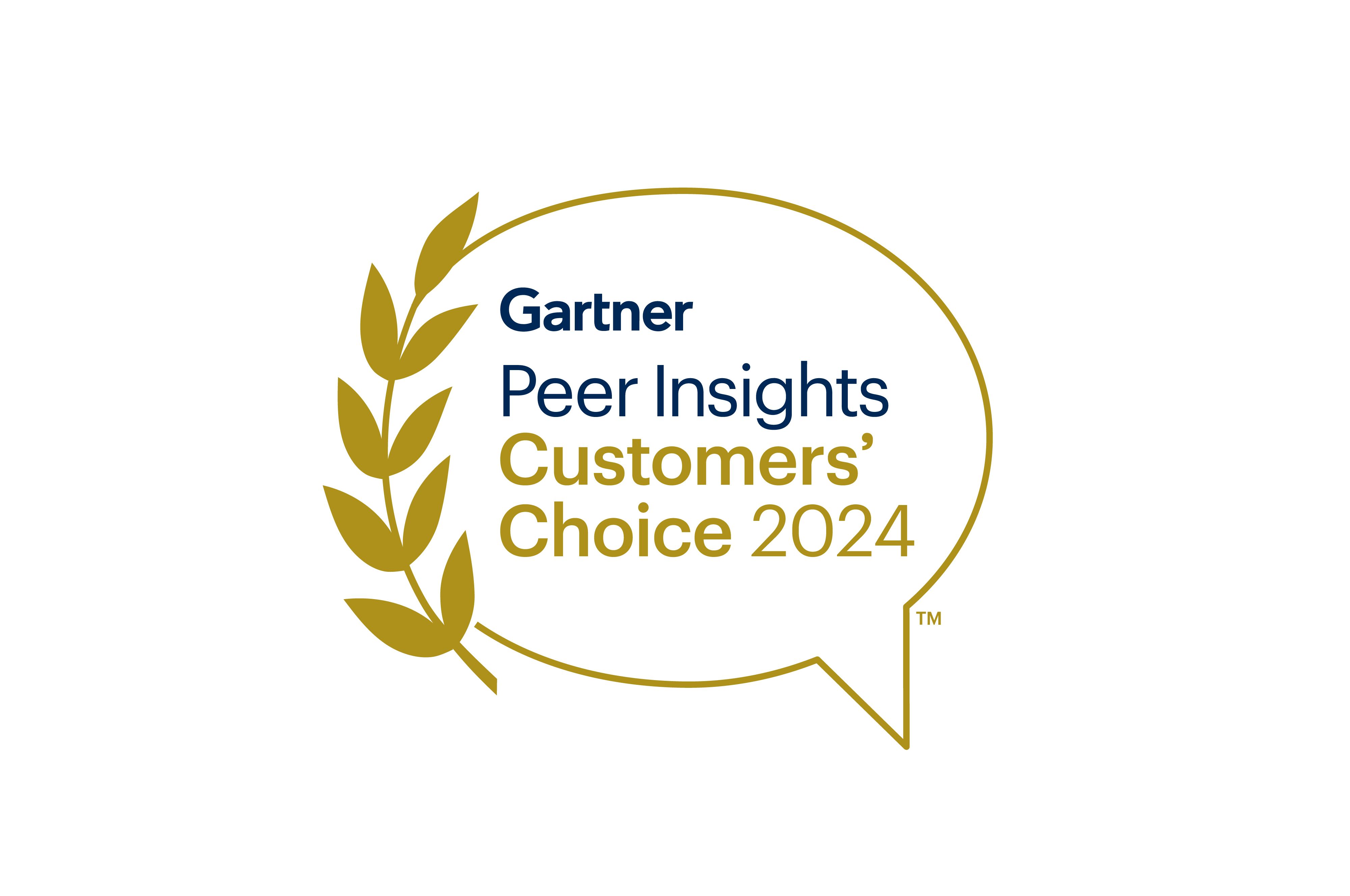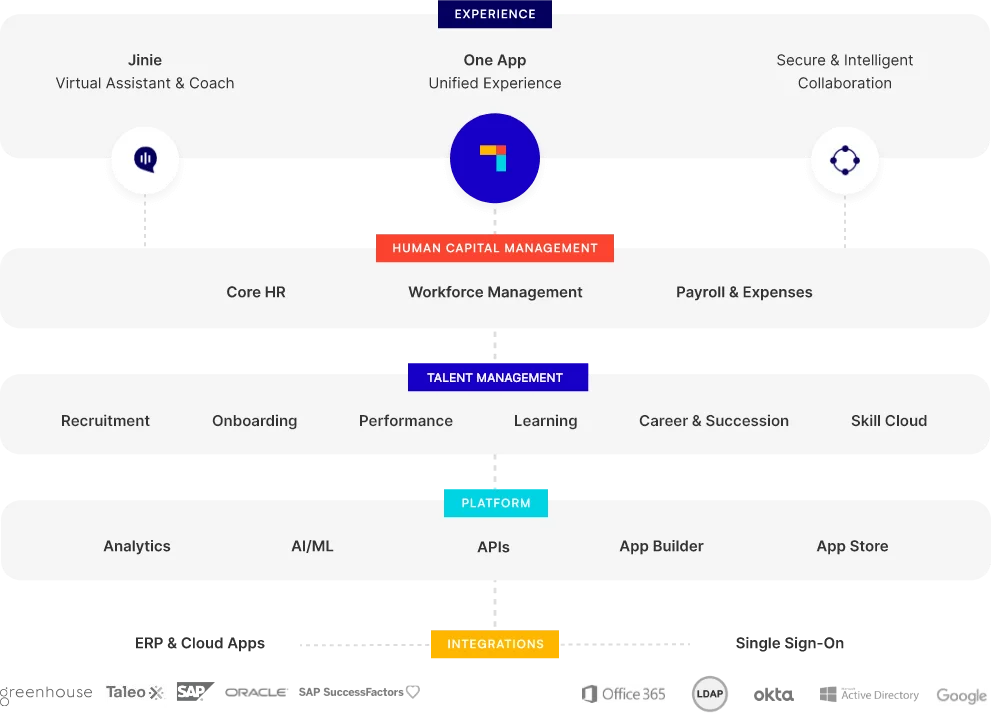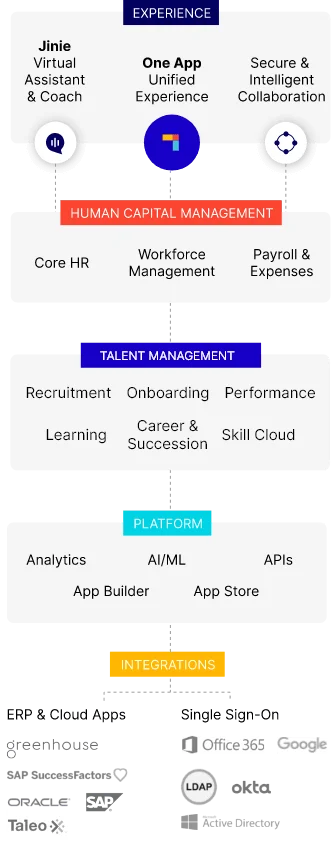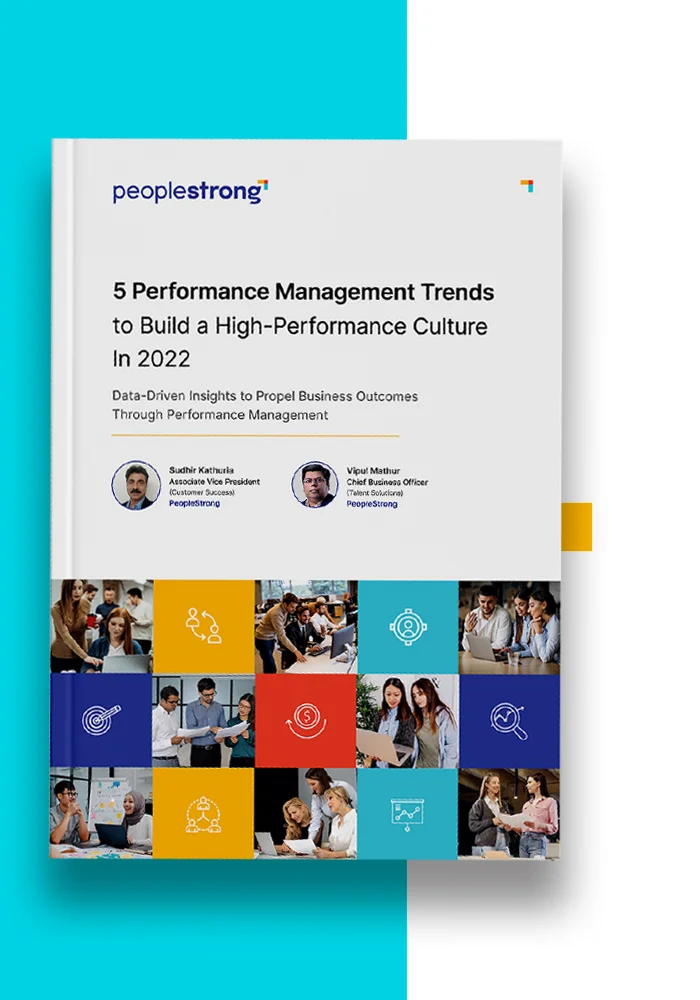The new world of work is volatile, dynamic, complex, and requires increased collaboration. Customers’ needs have changed in past years, and so have business models. Continuous Performance Management System is built just for that.
What is the Continuous Performance Management System?
Traditional performance management process stems from Fredrick Taylor’s 20th-century talent management philosophy. It prioritizes efficient output on production lines and is characterized by top-down hierarchies, silos, and static performance management processes.
The modern Continuous Performance Management is a response to the modern dynamic marketplace that demands adaptability and alignment. Using frequent appraisals, check-ins and 360° feedback, it promotes efficiency by enabling flexibility, autonomy and ownership, all attributes desired in today’s world.
Why Continuous Performance Management System?
- 30% higher returns: According to research, companies that manage goals quarterly generate 30% higher returns from that process than companies who manage them annually.
- 2x more likely to outgrow competitors: Companies who prioritize collaboration are twice as likely to outgrow competitors according to a Deloitte report
- Designed for Collaborative Environment: Continuous Performance Management System is designed for the collaborative environment required in today’s workspace. Unlike the previous generation’s hierarchical environment, today’s work environment is much more collaborative, and this performance management fosters it further.
- Emphasis on Goals: Appraisals have been seen as the end of the year goal by employees, Continuous Performance Management emphasizes on achievement of quarterly goals that add up to the year-end performance, making the employee engage throughout the year, resulting in higher returns for the organization.
- Regular check-ins and continuous feedback: Shorter duration quarterly goals also translate to more face time with the manager and many more opportunities to convey feedback, helping organization and the leadership keep track of their annual goals. Modern day Performance Management Tools like PoepleStrong make it easy to check-in, check it out here.
- Social Recognition: Who wouldn’t love some social recognition? Quarterly goal check-ins coupled with rewards & recognition boost employee morale and engagement.
- Goals are better aligned with business opportunities: Annual goals set at the beginning of the year may not be relevant by the end of second quarter owing to the ever-changing business needs, quarterly goals and check-ins help the leadership change course when and if needed.
- More use of coaching and personalized learning paths: Unlike the training courses for development, coaching and personalized learning paths in Continuous Performance Management help employees create their own learning paths based on their career and current business goals.
- Multiple sources of input for performance evaluation: 360 feedback is one of the key pieces of the Continuous Performance Management System, receiving performance inputs from multiple sources help managers make their decisions easier in comparison with the traditional unilateral view.
How to implement Continuous Performance Management and setup the required tools?
Implementing continuous performance management system in an organization can be an uphill task, especially with each of the many aspects playing a major role in the success of the system. Here are some steps to help you implement a continuous performance management system:
- Define your goals: Identify the key objectives of your performance management system, such as improving employee engagement, productivity, and retention.
- Communicate the process: Communicate to employees the purpose, goals, and process of the continuous performance management system. Ensure that everyone understands how the system works and what is expected of them.
- Choose a feedback system: Choose a feedback system that fits your organization’s culture and structure. Examples include regular one-on-one meetings, regular performance reviews, or informal feedback sessions.
- Establish performance metrics: Establish metrics that align with your organization’s objectives, such as key performance indicators (KPIs), goals, and objectives.
- Encourage employee engagement: Encourage employees to participate actively in the performance management system. Emphasize the importance of providing feedback and asking questions.
- Provide training and support: Provide training and support for managers and employees on how to give and receive feedback effectively.
- Review and adjust the system: Regularly review and adjust the performance management system to ensure that it is achieving its goals and meeting the needs of your organization.
Get in touch with our experts at PeopleStrong to know more about it or implement it in your organization seamlessly.
Check out Performance Management by PeopleStrong
To learn more about the Continuous performance Management,
Download our white paper, 5 Performance Management Trends to Build a High-Performance Culture.
It captures the recent trends that have come to the fore based on an analysis of over 150,000 users at over 500 enterprises across the Asia Pacific. We hope that these insights will equip you to steer your efforts in the right direction.
